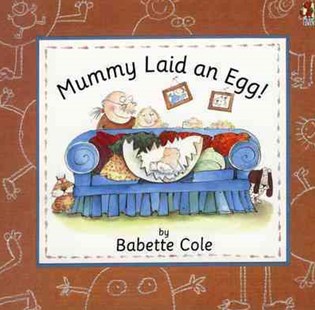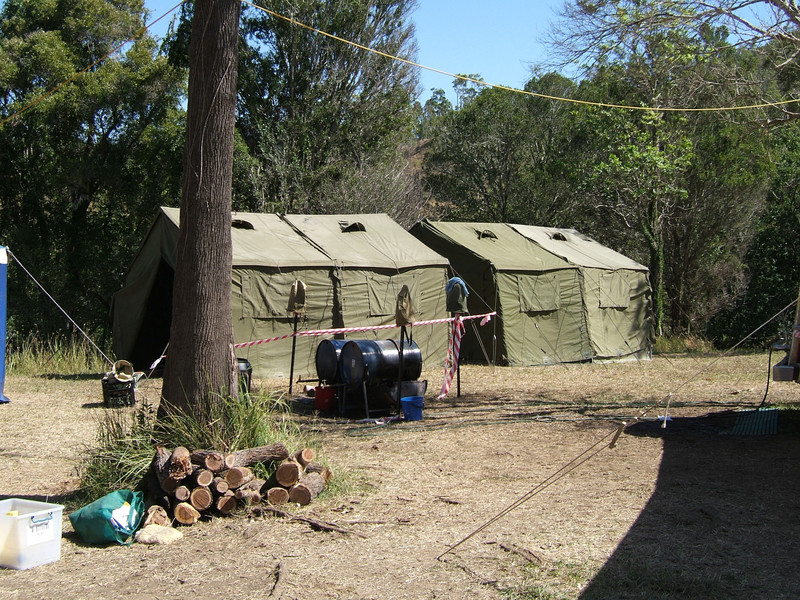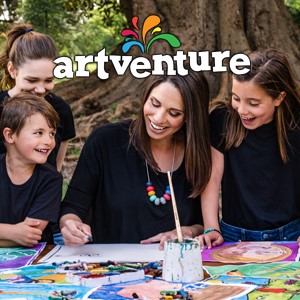There are not many questions children ask that make you freeze on the spot quite like the time they ask, “Mummy how do babies get out?” Or as my son recently asked, “Daddy does sex hurt?” It usually comes out of the blue at a random time or place and catches you completely off guard. Now I’m not new to this stuff as a sexual health and paediatric nurse and having raised 5 children, I should have been ready, but no matter how skilled you are, it still catches you scrambling for words and trying to adopt your calmest tone. Here are a few key points that will help when this moment strikes.

Children are curious
Right from a very early age, even babies are curious. They want to learn about the world around them, about their bodies and about the people in their life. From toddlerhood children start to ask questions. It intensifies at around 3 years of age when the barrage of questions can seem endless. It is only natural that children are curious about their body, about the differences that they see between female bodies and male bodies, especially if they have a sibling of the opposite sex. Bath time is often when some innocent, yet challenging questions can arise. As they start to learn and grow the next questions are often about where do babies come from? Or how are babies made? Or in our case how do babies get out?
Children will seek information anywhere they can get it.
In my son’s case he was resourceful enough to find my unlocked phone and to get access to Google. But I’m betting this wasn’t the first place he had looked for information. Children talk, and you can guarantee that if one 8 year old boy is curious that there are others in the playground that are also super curious. This is where the danger lies. If children are misinformed (which they often are), it can set them up to be exposed to harmful, too much, or incorrect information. This leads me to my next point.
Give children the truthful answers to what they ask, no more no less.
If you brush over the questions and don’t give a clear response, or worse make up an answer that gets you off the hook for a while you run the risk of your child feeling silly in front of their peers. If your child receives information that doesn’t add up or is different to what they have heard around the playground they will continue to investigate and won’t trust you next time with a similar question. It has always surprised me how easily you can satisfy their curiosity. A short sharp matter of fact response with a simple explanation is usually enough. Especially if your answer computes in their brain with what they have already heard, then they generally go back to whatever they were attending to before. The trick is to answer only the question that they ask you. Do not offer any further information until they are ready. If they want to know more, they will ask. Remember the information you share must be simple, clear and age appropriate.
Your children will only feel embarrassed and cringy if you do.
So, the key to delivering your response is to talk about it in the most natural and neutral tone that you can muster with your heart racing and your brain scrambling. Reproductive body parts, the act of reproducing and the miracle of birth are a natural part of life. To our children it is just information about life and how our bodies work. It shouldn’t be taboo or dirty in any way particularly if we stick with simple, clear age appropriate language. If we appear embarrassed, shameful or indicate that this subject is naughty, or wrong then our children learn that this is not a safe and comfortable topic of conversation to have with your parents. Trust me, an open line of communication with your teenage children on this topic is incredibly valuable and protective. It is worth the investment in the early years to build this level of trust and safety for the years to come.
It is a protective factor for children to know the anatomically correct names of body parts.
My final point is around the protective factor of children being informed. It is especially important that children learn and feel comfortable to use anatomically correct term for their body. Research has shown that when children use the correct terms for their private body parts, they are at less risk of being a victim of abuse and more likely to seek help and receive a fast response when disclosing if any abuse has occurred. It is not easy using words like penis, vulva and vagina especially if you haven’t grown up with this language. But when you think about it no one is ashamed of saying elbow, or ankle, so why are these body parts so difficult to talk about?
If school biology lessons were too long ago and you need a little refresher on the reproductive system here are a few great resources for you

Book: Mummy Laid an Egg
“Just how are babies made? Erm Well. . . they’re delivered by dinosaurs squidged out of tubes and found under stones! In this story the kids put their embarrassed parents straight and dispel the myths surrounding baby-making, growth and birth. Babette Cole careers through the facts of life with her no-nonsense text and funny illustrations.”
Website: And here is a great online resource for parents to help you find the right words to discuss reproductive development.
www.cyh.com
The bottom line is children need to know and will find out one way or another. It is best to build trust and teach your children as they are learning and growing in a way that fits with your family values, beliefs and culture. Correct information is protective and allows for children to learn only what they need to know at the time without stumbling across inappropriate images and confusing misinformation from external sources.
Written by Sonia Harris Founder and Director of CHILD SA







![Party-Web-Banner-[970x150]](https://kidsinadelaide.com.au/wp-content/uploads/2024/04/Party-Web-Banner-970x150-1.gif)


















